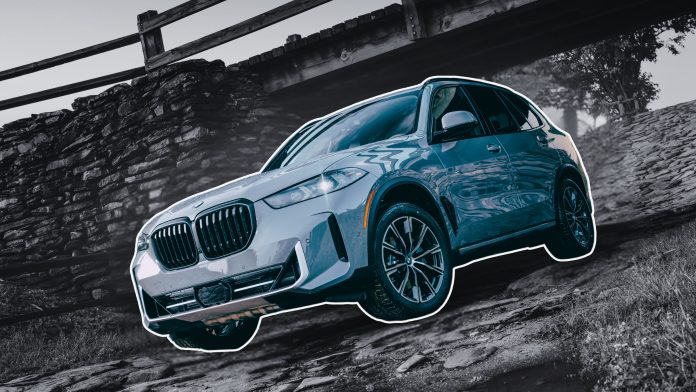Despite earlier setbacks, including a recall and a stop-sale that briefly disrupted its momentum, BMW narrowly outperformed Mercedes-Benz and retained its position as the leading brand in the U.S. luxury segment for 2024.
BMW’s fourth-quarter performance was impressive, with sales surging by 8.9% to 117,506 units. This surge helped the brand close out the year with 371,346 total units sold, a 2.5% increase compared to 2023.
Lexus also had a stellar year, celebrating its best-ever U.S. sales performance with 345,669 units, securing second place. Mercedes-Benz finished third, with a 9% year-over-year growth, totaling 324,528 units sold.
The luxury segment as a whole saw a 5.5% rise in total sales, reaching a market share of 13% for 2024. While results were mixed across brands, Jaguar, Land Rover, Lincoln, Cadillac, Genesis, and Porsche experienced growth. In contrast, Audi, Acura, Volvo, Infiniti, and Alfa Romeo posted declines.
What stands out is the widening gap between the top three players—BMW, Lexus, and Mercedes—and the rest of the segment. No other luxury brand broke the 200,000-unit threshold in 2024, underscoring the dominance of the leading brands in the market.
Leasing has been a significant factor in the luxury market’s growth. After a downturn during the pandemic, leasing penetration has rebounded to around 40%, making luxury vehicles more accessible to consumers seeking higher-end options with lower monthly payments than traditional financing.
As the luxury segment continues to focus on enhancing the customer experience through advanced technology or exclusive service offerings, the distinction between luxury and mass-market brands has become more pronounced. Luxury brands are less concerned with volume and more focused on providing premium experiences that resonate with affluent buyers.



